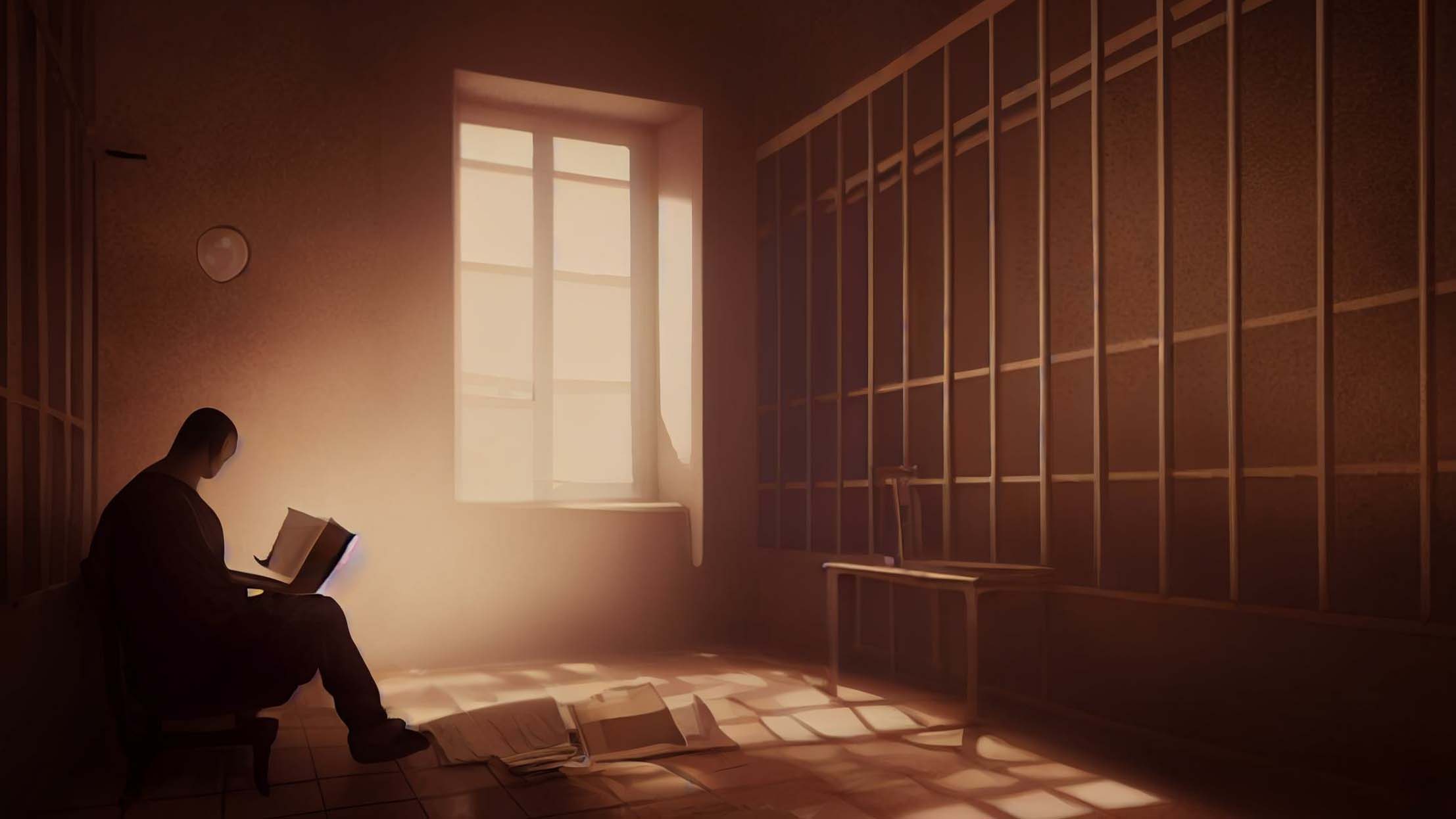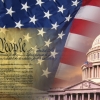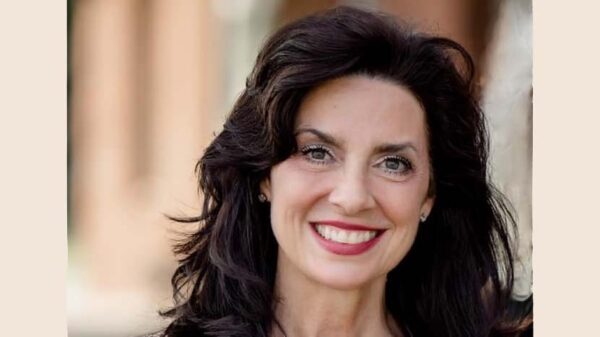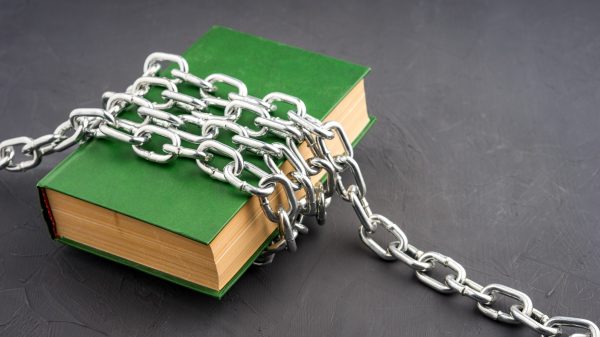At Tuesday’s council meeting, Prattville residents affiliated with Clean Up Alabama, which began as Clean Up Prattville, pleaded with the council that their solutions were a “common sense” approach to inappropriate materials for minors.
But the local goals are just one part of a three-prong plan that Clean Up Alabama has to push the issue across the state, according to meeting minutes included in an email to subscribers.
The minutes detailed the group’s local goals, as well as its goals with the Alabama Public Library Service, primarily to dissociate from the American Library Association. Gov. Kay Ivey has sent a letter to APLS Director Dr. Nancy Pack expressing concerns that closely follow Clean-Up Alabama’s push over LGBTQ materials in library spaces intended for minors.
But the meeting also included three state legislative goals, which go much further than simply severing any ties with the ALA or asking librarians to move books to an adult section.
Here’s what the group plans to do:
1. “Amend the Anti-Obscenity Law that exempts public libraries from criminal punishment when it comes to the distribution of material harmful to minors.”
Under Section 13A-12-200.5 of the Code of Alabama, it is a misdemeanor “for any person to knowingly or recklessly distribute to a minor, possess with intent to distribute to a minor, or offer or agree to distribute to a minor any material which is harmful to minors.” The section does not classify which level of misdemeanor that would be, but the charge would carry a fine of up to $10,000 and up to one year in county jail.
Currently, “material harmful to minors” is defined under the code to mean:
“a. The average person, applying contemporary community standards, would find that the material, taken as a whole, appeals to the prurient interest of minors; and
“b. Material that depicts or describes sexual conduct [this will come into play later], breast nudity or genital nudity, in a way which is patently offensive to prevailing standards in the adult community with respect to what is suitable for minors; and
“c. A reasonable person would find that the material, taken as a whole, lacks serious literary, artistic, political or scientific value for minors.”
However, Section 13A-12-200.10 specifically exempts “libraries and their employees or agents” from the criminal provisions of the act.
On Aug. 16, Clean Up Alabama posted on X (formerly Twitter) that this rule could allow public libraries to give sex toys to children without criminal punishment.
“Did you know that Alabama library employees can legally display sex toys, and possibly give them to kids without prosecution?” The post says.
At this time, APR has not heard any reports of any public libraries displaying sex toys for adults or children.
2. “Possibly add the libraries onto current law passed pertaining to woke ideologies in schools; and increase from 5th grade to 12th grade like Florida was able to do”
This appears to be in reference to Alabama’s version of Florida’s “Don’t Say Gay” bill, which Alabama passed in the 2022 session in a bill sponsored by House Majority Leader Scott Stadthagen, R-Hartselle. The bill originally only dealt with school bathrooms, requiring students to use the bathroom that aligned with their birth sex.
In a last-minute amendment by Sen Shay Shelnutt, R-Trussville, the bill suddenly became much more, barring instructors from leading “classroom discussion or classroom instruction regarding sexual orientation or gender identity in a manner that is not age appropriate or developmentally appropriate for students in accordance with state standards.”
In the last session, Rep. Mack Butler, R-Gadsden, filed a bill to expand that to the eighth grade.
While Clean-Up Alabama suggests extending that to public libraries, it is not clear what that language would be and whether it would apply to the content of books or instructional programs held at the library,
3. “Considering HB401 that never made it out of committee and assure the language in it matches the harmful materials we have found in the libraries and that it includes public libraries.”
HB401 drew a lot of attention last session as it would have prohibited drag performances in public spaces where minors may be present—and some argued the language was so vague it could have applied to any transgender person in a public space.
The bill led to a massive pushback from the LGBTQ community with a march of hundreds on the state capitol.
Stadthagen has vowed to bring the bill back in the next session, and in the same conversation, praised Clean Up Prattville’s fight against LGBTQ books in the library.
Without an understanding of how that law was written, one might be confused exactly what Clean Up Alabama’s plan is to co-opt libraries into the law.
The way HB401 was written, it added drag performances into the definition of “sexual conduct,” which itself is a term included in the definition of “harmful to minors.” (Re-read that section earlier in this article to see how it plays into the code).
When Clean up Alabama says they want to ensure the language “matches the harmful materials we have found in the libraries,” it seems apparent that they mean adding LGBTQ+ content to the definition of “sexual conduct,” thereby changing the meaning of the definition of “harmful to minors” to include LGBTQ+ content.
If Clean Up Alabama were to succeed in these goals, the combination could result in librarians facing up to a year in jail and a fine of up to $10,000 just for having a book like “The Pronoun Book” on the shelf.
Under the current law, the first prong of the three-prong definition of material harmful to minors would rule out books like The Pronoun Book from ever being considered “harmful to minors,” as the word “prurient” is defined as “marked by or arousing an immoderate or unwholesome interest or desire.” But HB401 as it was written last year would break apart those three prongs; instead of requiring content to meet all three elements to qualify as “harmful to minors,” the law would only require the content to meet any one of the three prongs.
Might the plan gain support?
At least four state representatives have been supportive of Clean Up Alabama publicly in some manner: Rep. Susan Dubose, R-Hoover, has begun beating the drum for the group’s goal to keep the ALA from influencing Alabama libraries in any way. Fellow first-term state representatives Rick Rehm, R-Dothan, and Bill Lamb, R-Tuscaloosa, joined Dubose in support of the group as it listed its grievances at last month’s meeting of the APLS.
Stadthagen, as aforementioned, has given his stamp of approval to the efforts of the group.
Ernie Yarbrough, R-Trinity, worked in the last session with DJ Parten, a member of Clean Up Alabama, who wrote the failed legislation that would have allowed abortive women to be charged with homicide.
And Ivey’s letter to Pack references the Prattville books challenged by the group, although her letter shares concern about APLS policies and nothing comparable to this state legislative plan.



















































